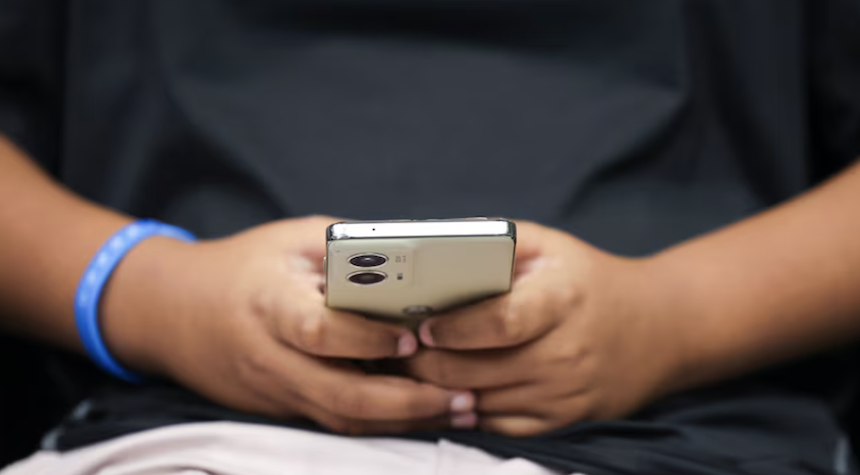A growing number of states across America are implementing restrictions on cellphone use in schools, reflecting a shift in educational policy that’s gaining momentum with remarkable speed.
35 states now have laws or rules limiting the use of electronic devices in educational settings. This includes 17 states and the District of Columbia, which have introduced new restrictions for the current school year. The trend began in 2023 when Florida became the first state to pass such legislation.
Reports indicate that 18 states and the District of Columbia have implemented what’s known as “bell-to-bell” bans, prohibiting cellphone use throughout the entire school day. Seven additional states restrict usage during class time but allow phones between classes and during lunch periods. Other states, particularly those with strong traditions of local school control, are mandating that districts develop their cellphone policies.

Both Democratic and Republican lawmakers have supported these measures, suggesting a bipartisan consensus on the potential negative impacts of cellphones on student learning and mental health. However, it’s important to note that some researchers caution that the issue may be more complex than it appears on the surface.
These new policies are creating changes in daily school routines. Students in some districts are now required to store their phones in magnetic pouches or special lockers during the school day. While some students report initial resistance to these measures, there are indications that acceptance is growing as the school year progresses.
Some parents express concerns about their ability to contact their children during emergencies. The National Parents Union reports that many parents, while generally supportive of restrictions, desire input in policy-making and improved communication regarding safety measures.

Teachers largely support these new policies, citing reduced classroom disruptions and increased focus on instruction. However, the long-term effects on academic performance, discipline, and student mental health remain to be seen. Researchers caution that more data is needed to draw definitive conclusions.
Not all states are following this trend. Legislatures in Wyoming and Michigan have recently rejected proposals for statewide cellphone restrictions, citing concerns about local control and parental responsibility.
As this debate continues to unfold in state capitals and school board meetings across the nation, it’s clear that the role of technology in education remains a complex and evolving issue.

